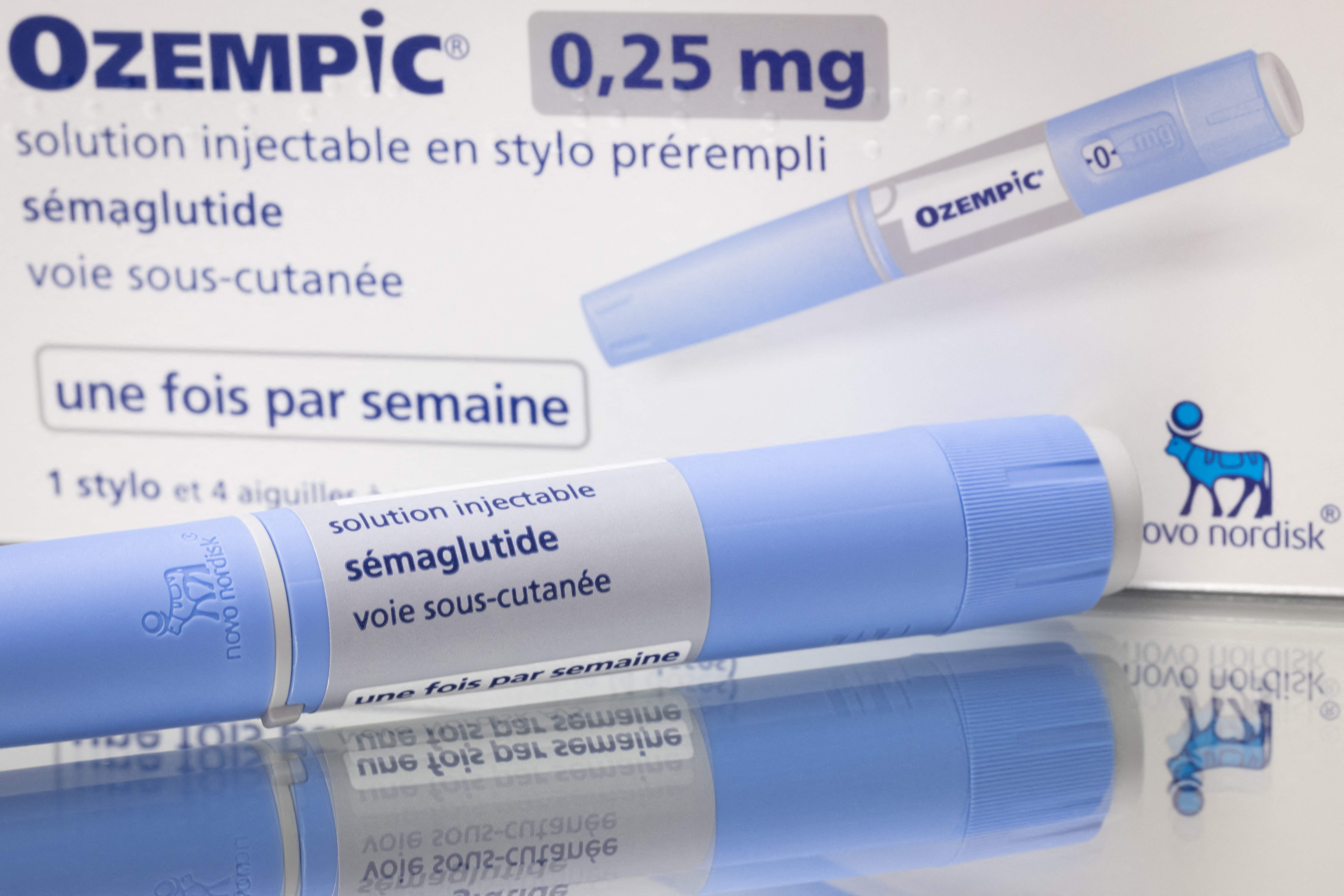The internet has become obsessed with “microdosing” GLP-1 drugs for longevity — but scientists say there’s no evidence to suggest it works.
GLP-1s like Ozempic and Mounjaro were initially designed and approved to treat type 2 diabetes, but in recent years, millions of Americans have turned to them for weight loss management. Now, The Washington Post reports that a GLP-1 “microdosing” trend is sweeping the internet, and more than a dozen telehealth companies and medical practices have promoted taking small doses of the drugs for longevity.
There’s virtually no published scientific evidence that shows microdosing drugs like tirzepatide (the active ingredient in Zepbound) or semaglutide (the active ingredient in Ozempic) is safe or effective, according to the Post.
While there’s anecdotal evidence touting its benefits, Eric Topol, a cardiologist and the director of Scripps Research Translational Institute, told the Post that GLP-1 microdosing is a “craze” that is “not substantiated.”
“It’s too early for people to do this,” he said, noting that it’s still worth researching how GLP-1s could treat age-related diseases.

While it’s not known whether microdosing GLP-1s leads to a longer life, there is evidence that standard doses of the drugs can help lower inflammation throughout the body, according to the Post. Stimulating the GLP-1 hormone can also protect the brain from inflammation, the Post reports, which has been linked to diseases like Alzheimer’s and Parkinson’s.
However, it’s unclear if small amounts of the drug can actually combat inflammation, University of Toronto professor Daniel Drucker told the Post. There’s also no consensus on exactly how much medication is in a so-called microdose.
It’s also cheaper to use less of any drug, which could make microdosing more appealing to patients who are paying out-of-pocket. However, coverage for GLP-1 drugs is expanding, and Medicare and Medicaid could soon begin to cover GLP-1 drugs for weight loss management.
Pharmaceutical companies that produce FDA-approved GLP-1 drugs also pushed back on the microdosing trend.
A spokesperson for Eli Lilly, which produces Zepbound and Mounjaro, told The Independent that “Zepbound and Mounjaro autoinjectors and Zepbound vials are approved for single-use only—dose-splitting or “microdosing” is not contemplated by the FDA-label and may pose patient safety risks.”
Novo Nordisk, which produces Ozempic and Wegovy, told The Independent the company “[does] not condone the misuse of our products.” The company noted it is concerned about “non-FDA approved knock-off versions of ‘semaglutide’ and sources spreading misinformation about GLP-1s to the public.” The FDA warns that using unapproved versions of GLP-1 drugs can be “risky for patients.”
This story was updated on September 4, 2025 to include responses from Eli Lilly and Novo Nordisk


